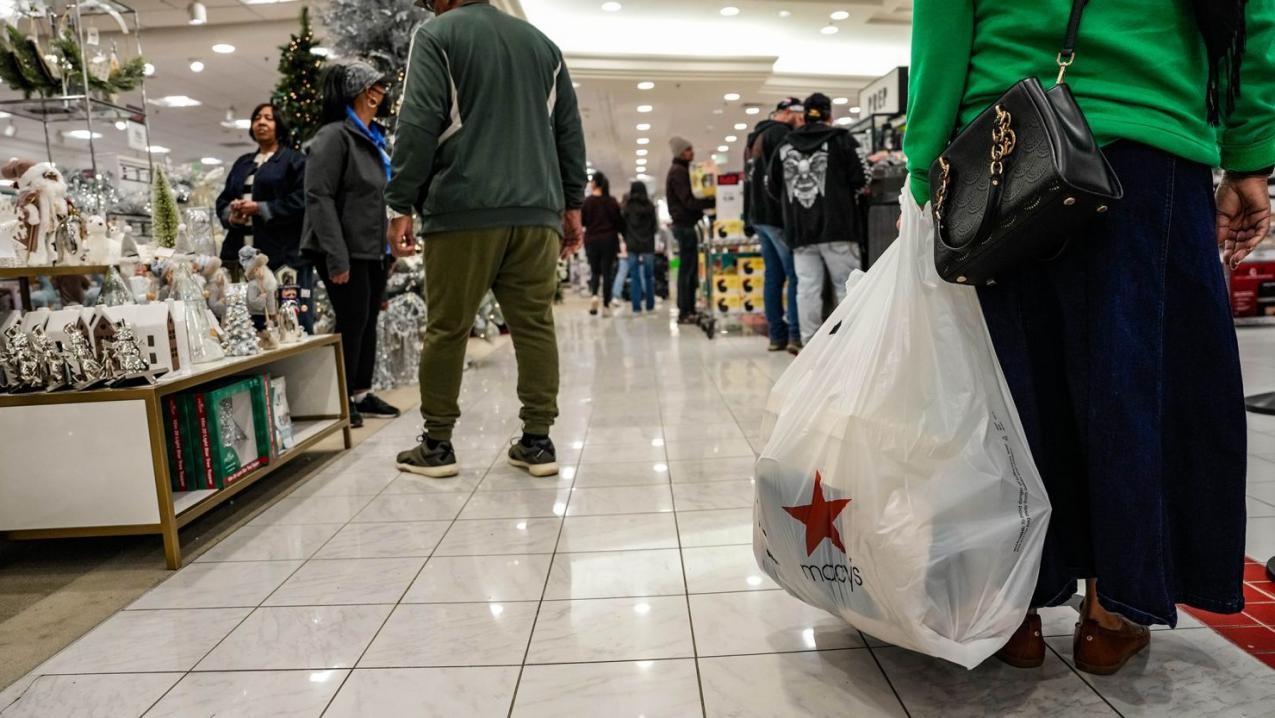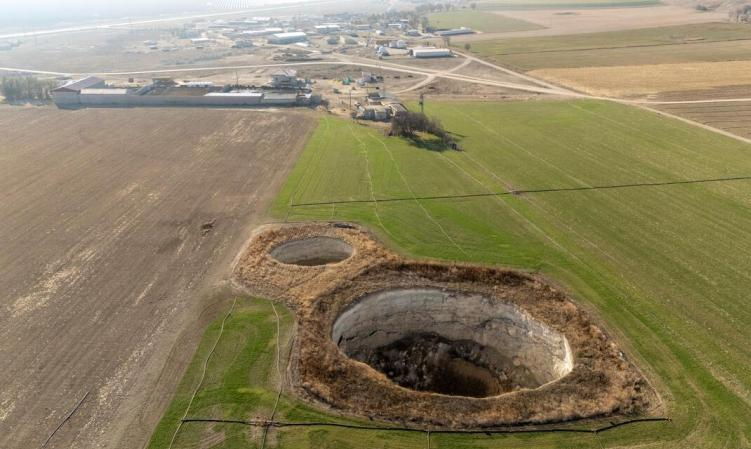
On the 27th, Macy's announced the closure of approximately 150 stores, accounting for nearly one-third of the total, marking a decades long decline in the once glorious department store industry.
The decline of US department stores can be attributed to various factors: competition from large retailers, a shift in consumer attitudes towards online shopping, and intense shareholder competition for control of the company's board of directors. Another important factor is inflation, which has led to polarization in the retail industry. This means that brands like Wal Mart, which focus on cheap goods, have achieved success, and so have luxury brands for those who are able to buy more high-end goods. However, department stores that focus on the American middle class are facing the challenge of recession.
Firstly, there is an overall decline in the department store industry. Department stores were once giants in the American retail industry, with Macy's, Sears, and JC Penney providing shoppers with a wide range of products and convenience, changing the way and where Americans buy items they need for their homes. The industry used to have dozens of brands. However, when consumer taste changes, the victims are not local department stores in shopping centers, but local small shops in the downtown shopping area, which have to be closed.
The department store industry has long been surpassed by large competitors such as Wal Mart and Target. These competitors provide more kinds of goods, even including groceries, and the prices are often lower. The losses suffered by department stores due to consumers turning to online shopping may be even more severe than those of large competitors.
Faced with these trends, it is not surprising that Macy's announced plans to close the remaining approximately 150 stores (approximately 30% of the total) on the 27th. This is not the first large-scale shutdown of the industry, nor will it be the last.
Secondly, it is still affected by the epidemic. One of the obstacles faced by the industry is the pandemic. During the lockdown period, shopping centers were closed, but large competitors kept operating by providing groceries and other goods. This has enabled these successful competitors to gain customers who may not have chosen them before. After the outbreak of the epidemic, one of the problems still exists is that many shoppers have found more roadside pick up options in Wal Mart or Target, but many department stores in malls do not have such services.
In addition, Corespight research analyst Sunny Cheng pointed out that many office workers work from home at least a portion of the week, which reduces the demand for formal attire, which is the core product of department stores. She also stated that some clothing brands have started selling products more directly to consumers during the pandemic.
There are many challenges for Macy's department store. Macy's announced on the 27th that the latest restructuring is aimed at continuous development, investing more resources into more successful stores and higher end brands. For example, at Bloomingdale Department Store, newly appointed CEO Tony Spring admits, "Through customer surveys, it is becoming increasingly clear that demand has not been fully met. We are increasing our team's sense of responsibility to ensure we keep up with customers' constantly changing tastes, needs, and preferences."
The problem facing Macy's department store is that its holding company is using a significant amount of resources to acquire other department store brands, such as May's Department Stores and Filene's, rather than investing in its own stores. Michael Brown from Corney Consulting stated that some brands need to streamline the industry to a certain extent in order to survive and develop.
Overall, the numerous crises faced by commercial giants such as Macy's and Sears reflect that the US retail industry is no longer able to return to its previous market environment. In addition, the rise of e-commerce retail has further exacerbated the traditional retail industry. These companies are finding ways to address the constantly changing market demand and retail environment by formulating new strategies to reverse their losses. The continuous closure of physical stores has led to a wave of unemployment. The rise in unemployment rate will lead to another weak employment situation, and the impact of this series of factors will lead to more people holding a pessimistic attitude towards the US economy.

Due to the continuous decrease in rainfall and the rapid drop in groundwater levels, several large sinkholes have successively appeared in several agricultural areas in central Turkey in recent years, causing great concern among local farmers and environmental experts.
Due to the continuous decrease in rainfall and the rapid dr…
The Prime Minister's Office of Israel said Hamas attacked I…
Fourteen countries including the United Kingdom, France and…
The US Department of Justice said on Wednesday (December 24…
The Japanese government has submitted a draft, planning to …
On December 25th local time, NVIDIA announced a technology …